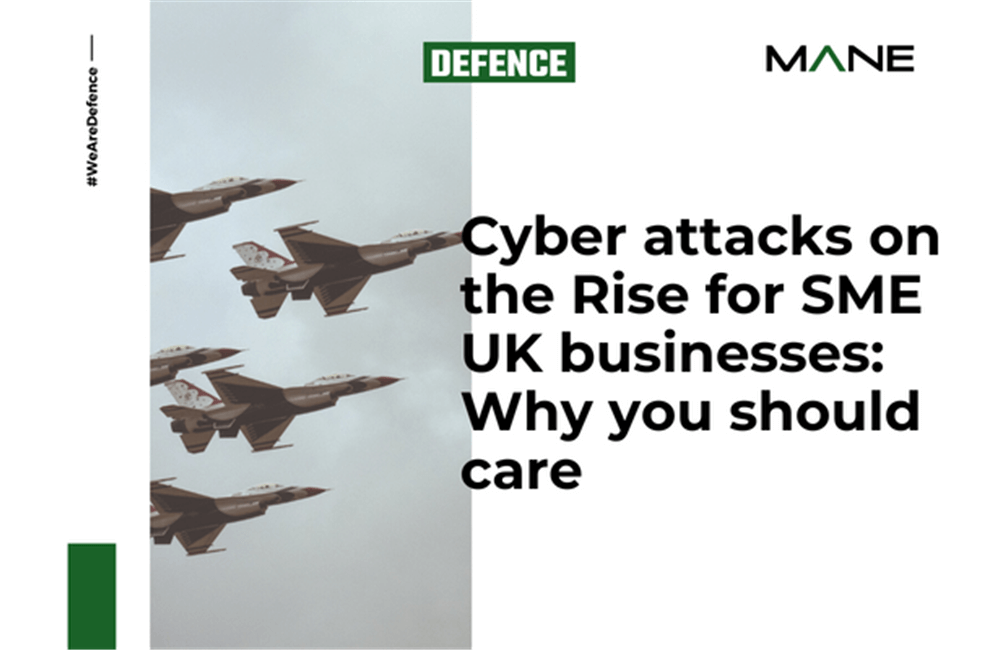Cyber attacks on the Rise for SME UK businesses: Why you should care
22 Feb, 202310 minsCyber-attacks have been on the rise for small and medium businesses in the UK, with a 15% in...

Cyber-attacks have been on the rise for small and medium businesses in the UK, with a 15% increase in 2022 alone. More than half (54%) of SMEs in the UK experienced some form of cyber-attack in 2022, up from 39% in 2020, according to a report by Vodafone Business.
The impact of cyber-attacks can be devastating for SMEs, especially during the current cost-of-living crisis. About 1-in-5 (19%) SMEs said that an average cyber-attack could cost their business up to £4,200, a loss they would be unlikely to bounce back from.
The reasons behind the increase in cyber-attacks are multi-faceted. Invasion of Ukraine and increased geopolitical tensions are thought to be leading causes, as cyber-attacks often occur in tandem with physical conflicts. Additionally, the growing dependence on digital technologies for remote working and online transactions has increased exposure to risks.
Despite the growing risks, almost 1-in-5 (18%) SMEs said their business was not protected with cybersecurity software. This means that a significant proportion of SMEs are leaving themselves open to attack, with potentially devastating consequences.
The top 5 cyber security attacks that businesses face:
- Phishing: This is the most common type of cyber-attack that businesses face. Phishing attacks use fraudulent emails, messages or websites to trick employees into sharing sensitive information, such as login credentials or financial information. This information is then used by the attackers to gain unauthorised access to the company's network.
- Ransomware: This is a type of malware that encrypts a company's data and demands payment in exchange for the decryption key. Ransomware attacks can be devastating for businesses, as they can result in the loss of critical data and disrupt business operations.
- Distributed Denial of Service (DDoS): DDoS attacks flood a company's network with traffic, overwhelming its servers and causing them to crash. This can result in significant downtime, which can be costly for businesses.
- Insider Threats: These are threats posed by employees or contractors who have access to sensitive information or systems. Insider threats can be intentional, such as when an employee steals data to sell it on the dark web, or unintentional, such as when an employee accidentally shares sensitive information.
- Advanced Persistent Threats (APTs): APTs are targeted attacks that are carried out by skilled hackers who use sophisticated techniques to gain access to a company's network. APTs can be difficult to detect and can result in significant damage to a business, including the theft of intellectual property and other sensitive data.
To address this issue, the UK Government must do more to raise awareness of current initiatives to support the delivery of local cybersecurity skills. As well as taking proactive steps to protect themselves from cyber-attacks, SMEs can also benefit from the support of industry experts.
In conclusion, cyber-attacks are a growing threat to SMEs in the UK, and it is essential for businesses to take proactive steps to protect themselves. With the help of industry experts and cybersecurity software, SMEs can ensure that they have the necessary cybersecurity measures in place to safeguard their business and their customers. By doing so, they can minimise the risk of cyber-attacks and protect themselves from potentially devastating losses.


